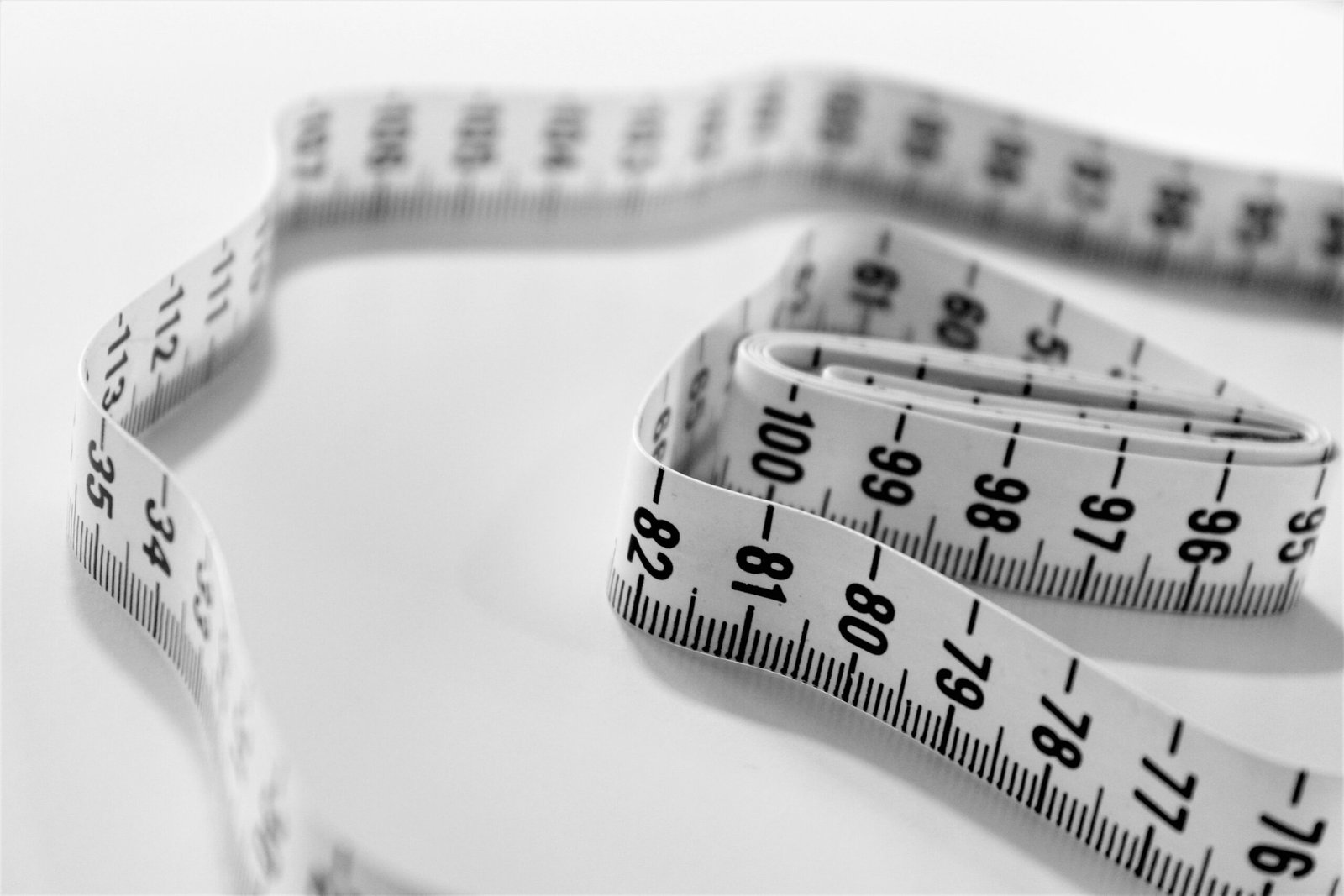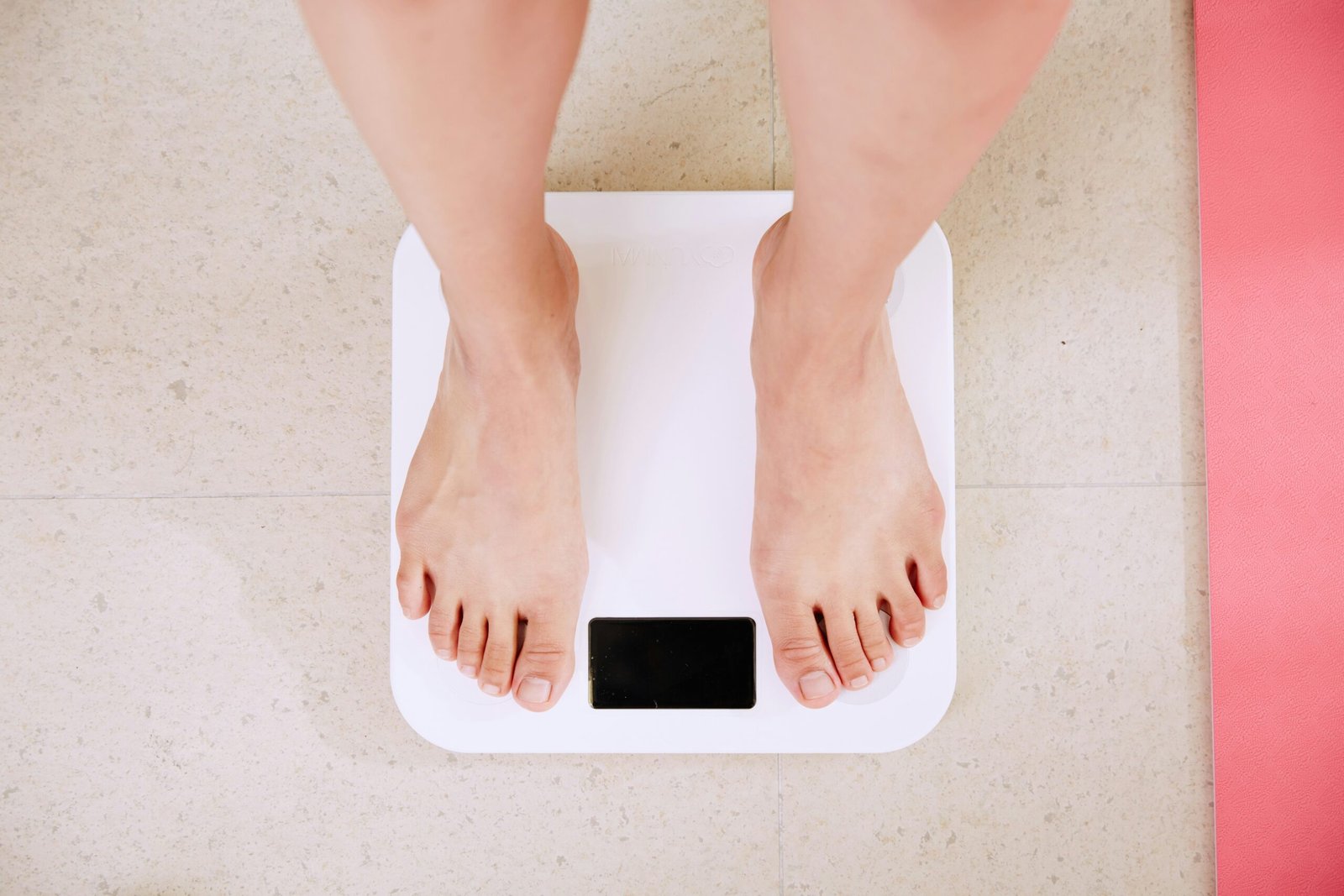Importance of Hydration for Weight Management:
Proper hydration is important for weight management because it can help regulate appetite and prevent overeating. When we are dehydrated, our body can sometimes mistake thirst for hunger, leading us to eat more than we actually need. By drinking an adequate amount of water throughout the day, we can ensure that our body stays hydrated and reduce the likelihood of overeating.
In addition to preventing overeating, staying hydrated can also boost our metabolism. Studies have shown that drinking water can temporarily increase our metabolic rate, allowing us to burn more calories. This effect is even more pronounced when we drink cold water, as our body needs to work harder to warm it up to our body temperature.
Furthermore, staying hydrated can enhance our physical performance during exercise, which is crucial for weight management. When we exercise, our body loses water through sweat, and if we don’t replenish it, we can become dehydrated, leading to decreased performance and fatigue. By drinking enough water before, during, and after exercise, we can maintain optimal performance, allowing us to burn more calories and achieve our weight management goals.
Moreover, adequate hydration is essential for proper digestion and nutrient absorption. Water helps break down food and aids in the absorption of nutrients in the digestive tract. Without enough water, our digestion can become sluggish, leading to bloating, constipation, and other digestive issues. By staying hydrated, we can support our digestive system and ensure that our body efficiently processes the nutrients from our food.
Lastly, staying hydrated can also help us make healthier choices when it comes to beverages. Many sugary drinks, such as soda and fruit juices, are high in calories and can contribute to weight gain. By choosing water as our primary beverage, we can avoid unnecessary calorie intake and reduce the risk of weight gain.
In conclusion, while diet and exercise are important for weight management, we should not overlook the role of hydration. By staying properly hydrated, we can regulate our appetite, boost our metabolism, enhance our physical performance, support digestion, and make healthier beverage choices. Therefore, incorporating adequate hydration into our daily routine is crucial for achieving and maintaining a healthy weight.
Additional Benefits of Hydration:
5. Promotes Detoxification
Hydration plays a crucial role in the body’s detoxification process. Water helps to flush out toxins and waste products from the body through urine and sweat. When you are adequately hydrated, your kidneys can function optimally, filtering out waste and promoting overall detoxification. This is important for weight loss because toxins can interfere with metabolism and hinder the body’s ability to burn fat efficiently.
6. Reduces Water Retention
Contrary to what may seem intuitive, staying hydrated can actually help reduce water retention. When your body is dehydrated, it tends to hold onto water, leading to bloating and temporary weight gain. By drinking enough water, you can signal to your body that it is well-hydrated, prompting it to release excess water weight. This can result in a slimmer appearance and a more accurate reflection of your true weight.
7. Improves Digestion
Proper hydration is essential for maintaining a healthy digestive system. Water helps to soften stools and promote regular bowel movements, preventing constipation. When you are constipated, waste can build up in the intestines, causing bloating and discomfort. By staying hydrated, you can support healthy digestion, reduce bloating, and improve overall gut health, which is important for weight management.
8. Enhances Energy Levels
Being properly hydrated is crucial for maintaining optimal energy levels throughout the day. Dehydration can lead to fatigue and sluggishness, making it harder to engage in physical activity and maintain an active lifestyle. By drinking enough water, you can ensure that your body has the necessary fluids to function properly, resulting in increased energy levels and improved productivity. This can indirectly support weight loss by enabling you to stay active and burn more calories throughout the day.
7. Tips for Staying Hydrated:
7. Monitor Your Urine Color
One way to gauge your hydration levels is by monitoring the color of your urine. Ideally, your urine should be pale yellow or clear. If it’s dark yellow or amber in color, it’s a sign that you need to drink more water.
8. Drink Water Throughout Your Workout
When you exercise, your body loses water through sweat. It’s important to replenish this lost fluid by drinking water during and after your workout. Aim to drink about 8 ounces of water every 15-20 minutes during intense exercise.
9. Flavor Your Water
If you find plain water boring, try adding natural flavors to make it more enjoyable. You can infuse your water with slices of lemon, lime, or cucumber, or even add a few berries for a hint of sweetness. Just be mindful of any added sugars or artificial sweeteners.
10. Eat Foods with Electrolytes
Electrolytes are minerals that help regulate fluid balance in your body. Consuming foods rich in electrolytes, such as bananas, avocados, and coconut water, can help replenish these essential minerals and support hydration.
11. Pay Attention to Thirst
Thirst is your body’s way of signaling that you need more water. Don’t ignore it. If you feel thirsty, it’s a clear indication that you should drink water to quench your thirst and prevent dehydration.
12. Be Mindful of Hot and Humid Weather
In hot and humid weather conditions, your body loses more water through sweat. Be extra mindful of staying hydrated during these times by drinking more water and electrolyte-rich beverages.
13. Make Water Easily Accessible
Keep a water bottle on your desk, in your car, or in your bag so that you always have easy access to water. Having it readily available will make it more likely that you’ll drink water throughout the day.
14. Drink Water with Every Meal
Make it a habit to drink a glass of water with every meal. Not only does it help with digestion, but it also ensures that you’re getting enough water throughout the day.
15. Listen to Your Body
Everyone’s hydration needs are different, so it’s important to listen to your body and adjust your water intake accordingly. If you’re feeling thirsty, fatigued, or experiencing headaches, it may be a sign that you need to drink more water.
By following these tips and making hydration a priority, you can support your weight management goals and overall well-being. Remember, staying hydrated is not just about drinking water, but also about incorporating hydrating foods and being mindful of your body’s signals.


